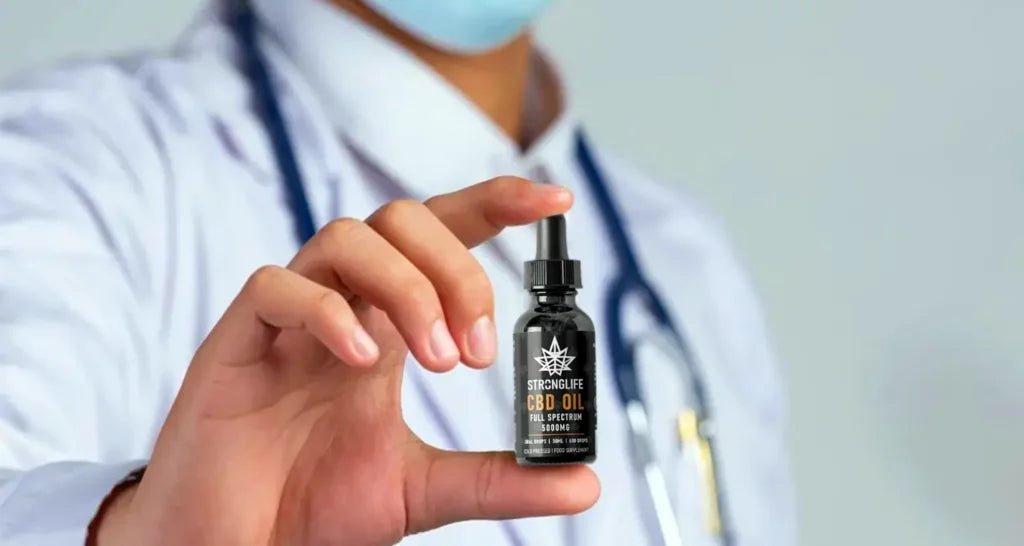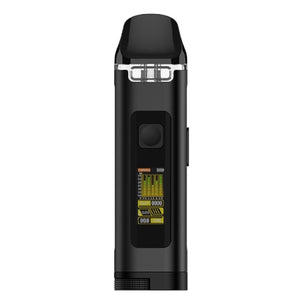What Drugs Should Not Be Taken With CBD: A Comprehensive Guide for UK Readers

What Drugs Should Not Be Taken With CBD: A Comprehensive Guide for UK Readers
Cannabidiol (CBD), a non-psychoactive compound derived from the cannabis plant, has gained widespread popularity for its potential therapeutic benefits. While CBD is generally considered safe, it can interact with certain medications, potentially leading to adverse effects. Therefore, it is crucial to understand which drugs should not be taken with CBD before considering its use.
Understanding CBD Drug Interactions
CBD is primarily metabolized by the cytochrome P450 (CYP) enzyme system, specifically CYP3A4. This enzyme also metabolizes numerous prescription medications. When CBD is taken simultaneously with these medications, it can interfere with their breakdown, leading to increased levels of the drugs in the bloodstream. This can potentially result in enhanced or adverse side effects.
Drugs to Avoid Combining with CBD
Several medications fall under the category of drugs that should not be taken with CBD. These include:
Blood Thinners: CBD can interact with blood thinners such as warfarin and clopidogrel, potentially increasing their effects and leading to an increased risk of bleeding.
Antidepressants: CBD may interact with antidepressants, particularly tricyclic antidepressants (TCAs) and selective serotonin reuptake inhibitors (SSRIs), potentially altering their effectiveness or increasing side effects.
Anticonvulsants: CBD may interact with anticonvulsants such as clobazam, lamotrigine, and valproate, potentially affecting their effectiveness or increasing side effects.
Sedatives: CBD can enhance the sedative effects of medications such as benzodiazepines (Xanax, Valium), opioids (morphine, fentanyl), and antihistamines (Benadryl), increasing the risk of drowsiness, dizziness, and impaired coordination.
Grapefruit Juice: Grapefruit juice contains furanocoumarins, which can inhibit the breakdown of CBD, leading to increased levels of CBD in the bloodstream.
Additional Considerations
It is important to note that this list is not exhaustive, and there may be other medications that could interact with CBD. It is always advisable to consult with a healthcare professional before starting CBD, especially if you are taking any prescription medications or have any underlying health conditions.
Tips for Safe CBD Use
Talk to your doctor: Before starting CBD, inform your doctor about all medications and supplements you are taking. They can assess potential interactions and provide guidance on safe CBD use.
Start with a low dose and increase gradually: Begin with a low dose of CBD and gradually increase it as needed. This allows you to monitor your body's response and adjust the dosage accordingly.
Choose high-quality CBD products: Opt for CBD products from reputable sources that undergo third-party lab testing to ensure purity and potency.
Be mindful of drug interactions: Be aware of potential interactions with medications and supplements you are taking. If you experience any adverse effects, discontinue CBD use and consult your doctor.
Conclusion
CBD can be a valuable addition to your wellness routine, but it is crucial to exercise caution and avoid combining it with certain medications. By understanding potential drug interactions and following safe usage guidelines, you can minimize the risk of adverse effects and maximize the potential benefits of CBD.
-
Posted in
cbd






